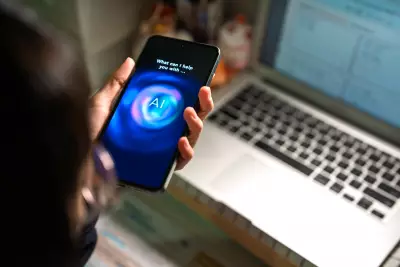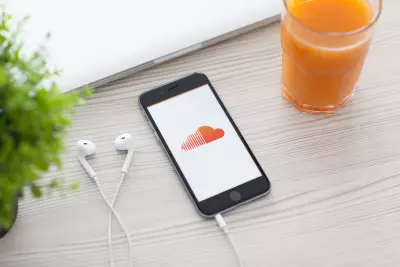Latest Articles
What You Need to Know about the Chat & Ask AI Data Breach
Chat & Ask AI is a popular mobile application developed by Codeway, a Turkish technology company founded in Istanbul in 2020.
What You Need to Know about the SoundCloud Data Breach
SoundCloud is one of the world's largest audio streaming and music distribution platforms, founded in Berlin, Germany in 2007 and headquartered in New York City.
What You Need to Know about the Substack Data Breach
Substack is a popular subscription-based digital publishing platform that allows writers, journalists, podcasters, and content creators to send newsletters directly to their subscribers while monetizing their work.
What You Need to Know about the Conduent Data Breach
Conduent, Inc. is a major business process services company headquartered in Florham Park, New Jersey. Founded in 2017 as a spin-off from Xerox Corporation, the company provides technology-enabled business solutions to government agencies and Fortune 100 companies across 22 countries.
What You Need to Know about the Panera Bread Data Breach
Panera Bread is a leading American bakery-café fast casual restaurant chain with over 2,000 locations across the United States and Canada.
What You Need to Know about the Crunchbase Data Breach
Crunchbase is a leading market intelligence platform that provides comprehensive data on private and public companies worldwide.
What You Need to Know about the Minnesota Department of Human Services Data Breach
The Minnesota Department of Human Services (MN DHS) is a vital part of the state's health plan industry. It is responsible for managing public health, welfare programs, and social services within the state, ensuring support for vulnerable populations and that millions of residents have seamless access to healthcare.
What You Need to Know about the Illinois Department of Human Services Data Breach
The Illinois Department of Human Services (IDHS) is one of the state's largest agencies, with over 15,000 employees. Created in 1997, it provides residents with streamlined access to integrated services, especially those who face multiple barriers to self-sufficiency and others who are striving for economic independence.
What You Need to Know about the Central Maine Healthcare Data Breach
Central Maine Healthcare was founded in 1891 as an integrated healthcare delivery system and is headquartered in Lewiston, Maine.
What You Need to Know about the Brightspeed Data Breach
Brightspeed is a fiber broadband and telecommunications company that provides accessible, inclusive, high-quality internet. Launched in 2022 and headquartered in Charlotte, North Carolina, the company serves millions of homes and businesses across 20 states, predominantly in the Southeast and Midwest regions of the United States.
What You Need to Know about the Covenant Health Data Breach
Founded in 1983 as a non-profit health care system, Covenant Health, Inc. sponsors skilled nursing homes, hospitals, assisted living residences, rehabilitation centers, and some health and elder services across New England.
What You Need to Know about the Aflac Data Breach
Image by Jhelmsaflac, CC BY-SA 4.0, via Wikimedia Commons The American Family Life Assurance Company of Columbus (Aflac) is a Fortune 500 company that provides financial protection through supplemental life and health insurance products to millions of individuals worldwide.

















